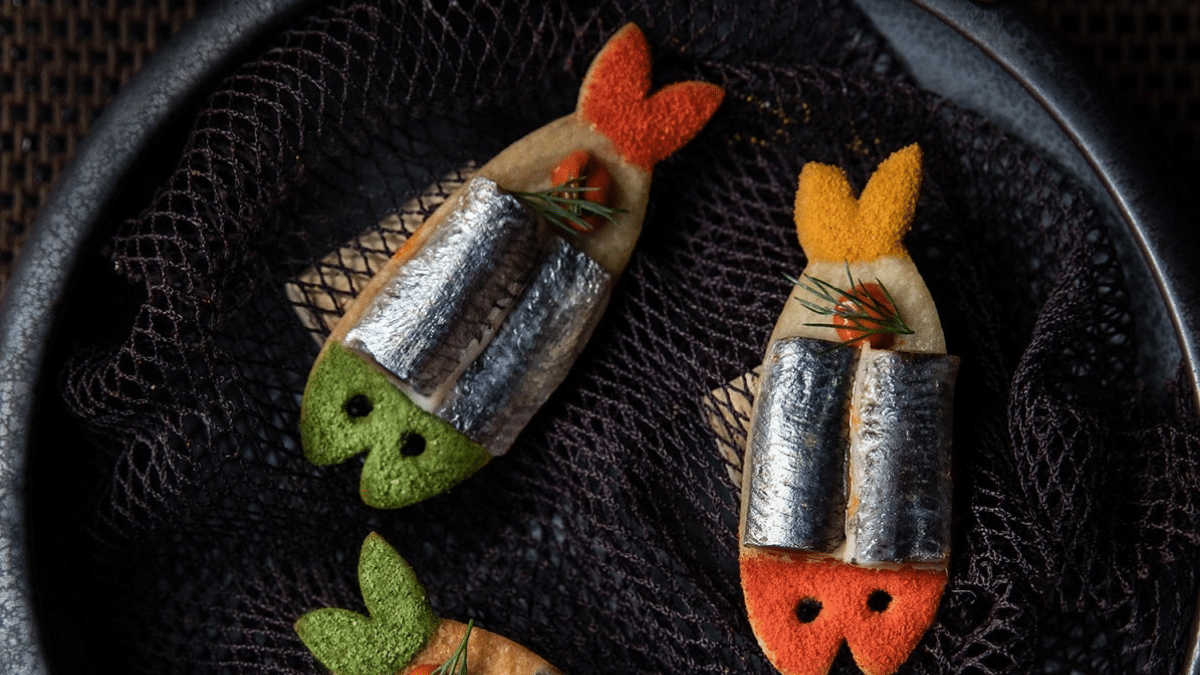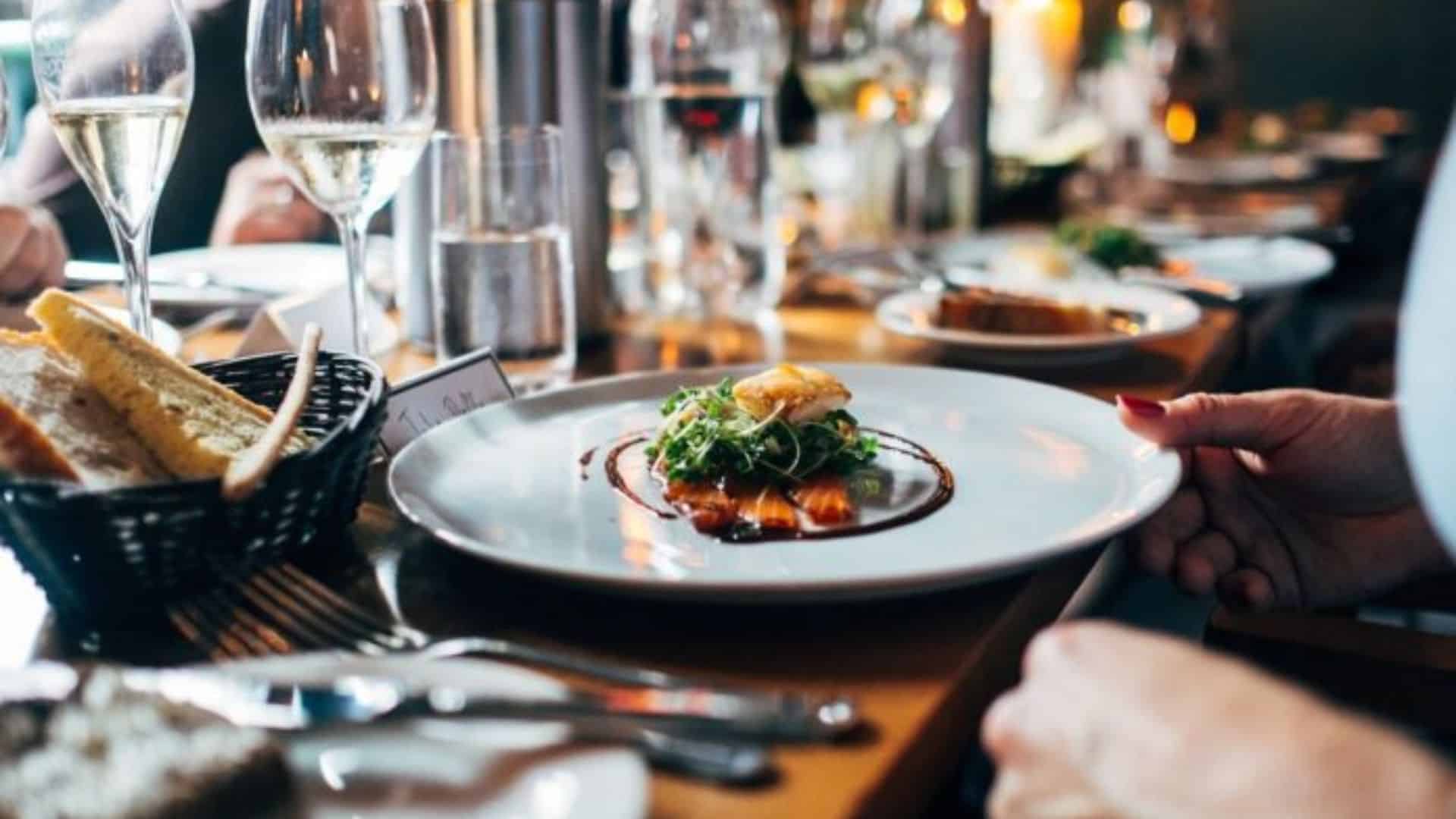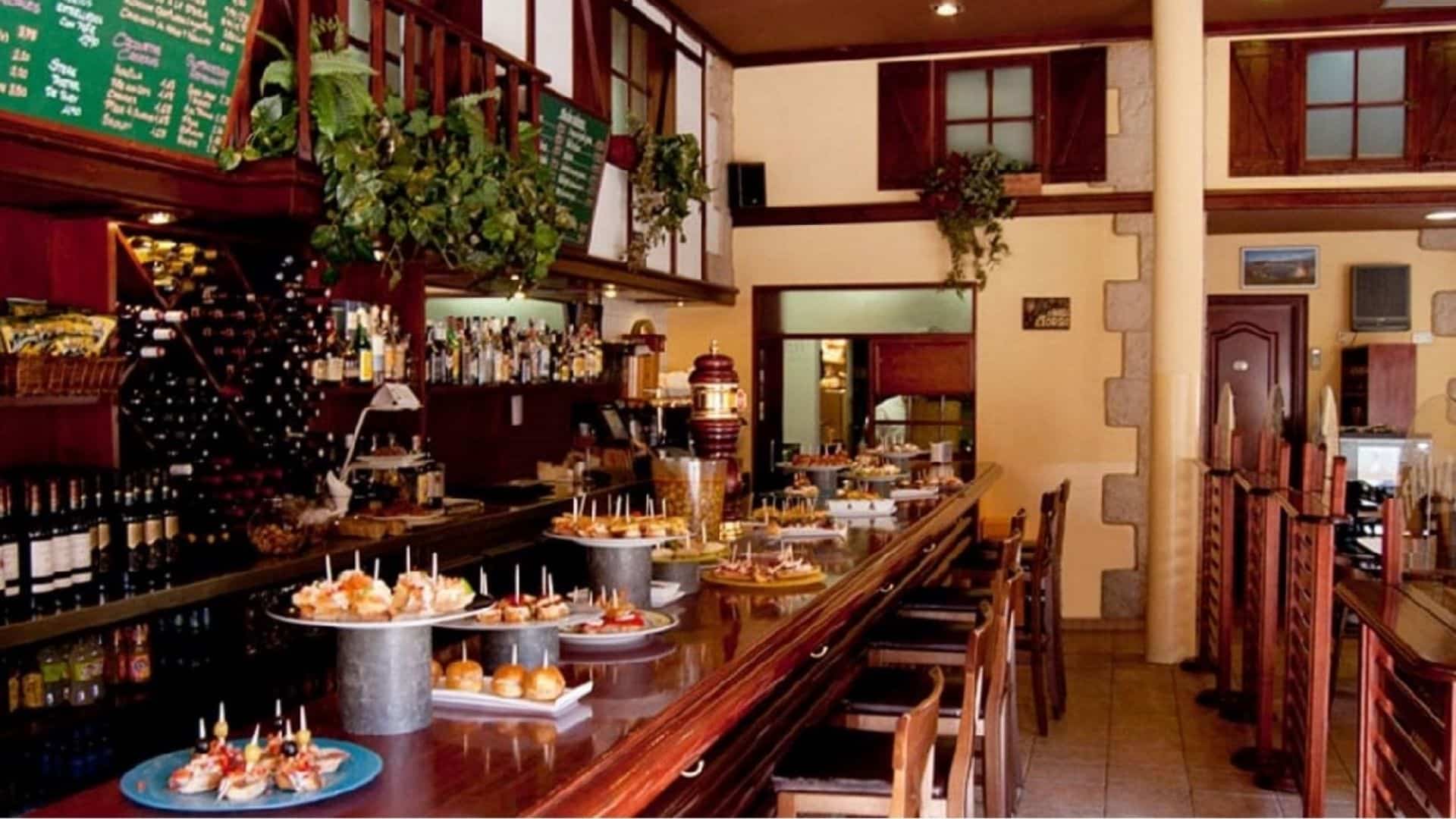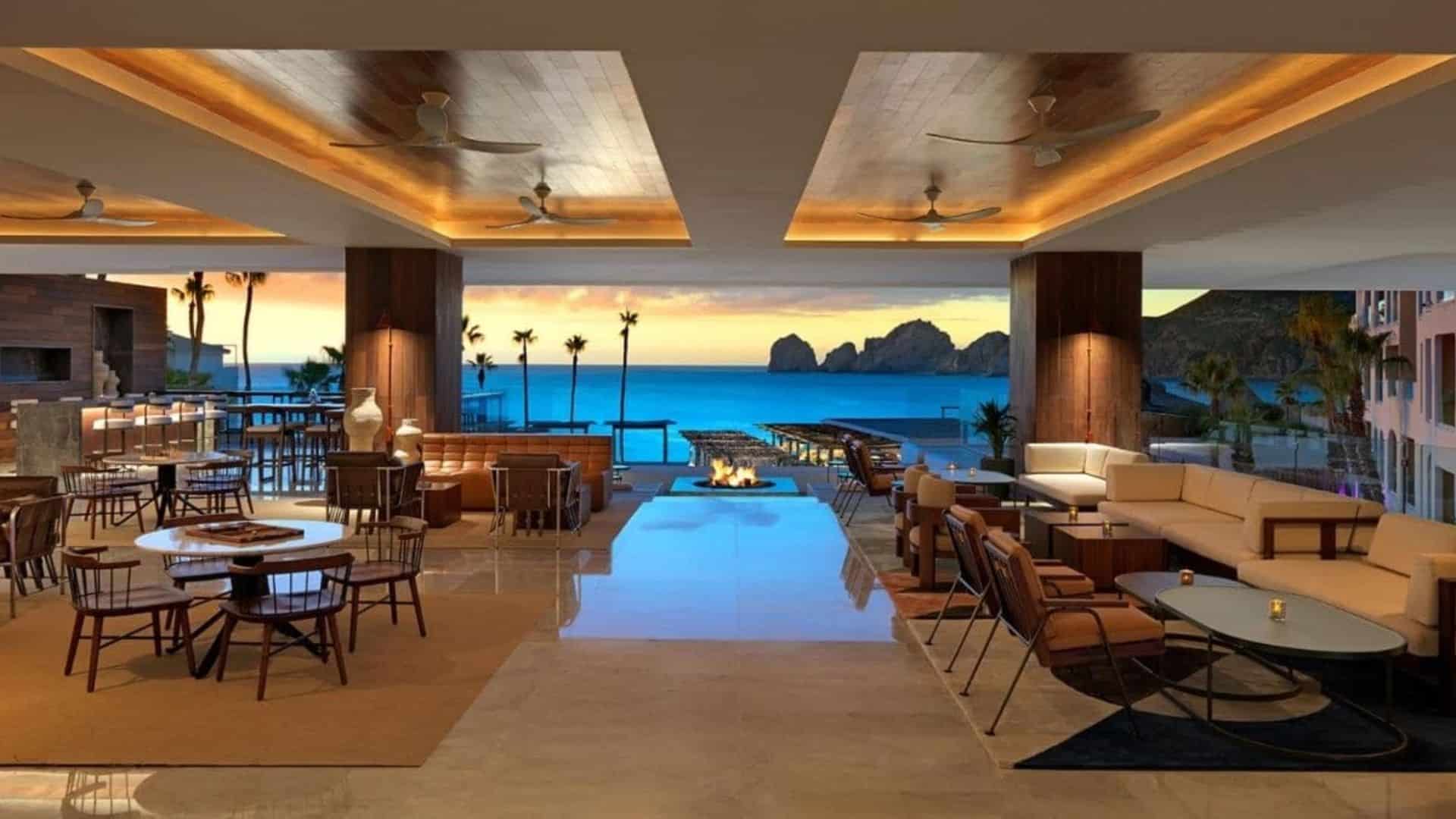
Relais & Châteaux takes steps towards marine sustainability in its gastronomy
UN World Oceans Day is 8 June and this year’s event is called “Planet Ocean: The Tides are Changing”. The oceans cover most of our planet and this day is designed to make the protection of the oceans a priority in the eyes of the public, meaning that their resources can no longer be depleted and marine ecosystems must be proactively restored.
Relais & Châteaux wants to highlight this fundamental issue, as nearly 20% of the establishments belonging to the association are in close proximity to a body of fresh or salt water. Many of its restaurants will serve dishes that respect the sustainability of marine products.
With regard to the definition of “seasonal”, fish, crustaceans and molluscs have nothing to do with fruits and vegetables. Although it is possible to establish a seasonal calendar for marine products, it is important to understand that seasonality on land is radically different from that of marine animals, which refer to the periods when a given species is most abundant in the markets, most of which coincide with their breeding periods.
Species gather in schools to spawn, making this the easiest time to catch them, so the notion of “seasonality” is not necessarily a criterion of sustainability. It is therefore our collective duty to know what sustainability represents for this way of life. The first and foremost criterion is the verification of the status of the stock. Sustainable fishing also implies knowing and accommodating the reproductive cycles of marine animals.
To this end, Relais & Châteaux has joined forces with Ethic Ocean to clarify what seasonality really means and provide concrete examples:
For sea bass (Dicentrarchus labrax), this means avoiding consuming them during their spawning period, when they are intensively fished, being a target for fishermen because they form large shoals to reproduce. Outside this period, sea bass are solitary and are only caught accidentally.
As for flatfish (sole, flounder, etc.), consumption should be avoided during their reproduction periods, which vary according to the fishing area. Their flesh is softer and more difficult to work, resulting in significant losses and unnecessary leftovers. For females, the eggs they carry also affect their weight, increasing their price for the consumer.
As for the Eastern Atlantic and Mediterranean bluefin tuna (Thunnus thynnus), Relais & Châteaux, together with Ethic Ocean, made a commitment in 2009 to no longer serve this fish. Thanks to the management measures put in place, this stock has improved over the last eleven years. It is caught when adults aggregate in schools in more accessible fishing grounds, which means that their season for market availability coincides with the time when they migrate to the Mediterranean and the spawning period. Bluefin tuna farming is now strictly regulated.
The European eel (Anguilla anguilla) is a species on the verge of extinction and its consumption must be avoided at all costs. This critical situation is caused by overfishing, illegal fishing, habitat loss (dams, pollution, etc.) and climate change, and eel farming does not improve this dangerous situation. Eel breeding is not controlled in captivity and the so-called eel farms are in fact eel fattening farms: for example, young glass eels are caught in the wild to be “bred” until they are marketed.
For scallops, the start and end of fishing periods are set in the interest of stock management and species conservation. This is the case for the scallop (Pecten maximus) in France, but also for the second most fished scallop species in the world, the Atlantic scallop (Placopecten magellanicus) in some specific areas of Canadian waters.
Aquaculture species such as trout, sea bass and sea bream can be consumed all year round. However, farming conditions (feed, animal welfare, veterinary care, operating conditions, etc.) must be verified.
Ethic Ocean’s status in the kitchen
The involvement of Relais & Châteaux members in this annual initiative is a continuation of the Ethic Ocean Charter, a commitment signed in 2009 to conserve marine resources, and the Relais & Châteaux Manifesto presented to UNESCO in 2014 with the aim of “achieving a better world through cuisine and hospitality”.
Of the 20 commitments in the Relais & Châteaux Manifesto adopted by members, No. 4 is, in part, to “promote continued dialogue with members from the agricultural and maritime sectors”, while No. 5 includes the aim to “contribute to the preservation of fishery resources and marine biodiversity”.
Throughout the month of June, hundreds of Relais & Châteaux chefs will showcase sustainable seafood and explain this precise definition of seasonality that contradicts many preconceived ideas. Whether on their menus or in their cooking classes, the sustainable species chosen and the responsible choices made will be tasted and debated to encourage consumers around the world to reconsider their dining choices and generate a new wave of beneficial change to protect our oceans.
“Relais & Châteaux member establishments are united in their commitment to making the world a better place through cuisine and hospitality,” said Relais & Châteaux Chairman Laurent Gardinier. “While our chefs have always been aware of the importance of sustainable fishing, the association’s involvement in World Oceans Day gives their daily actions a greater impact and reach, highlighting the role of Relais & Châteaux thanks to its global presence on five continents.”
“Working on the seasonality of seafood means confronting many preconceived ideas and starting to think about the population of fish, crustaceans and molluscs, as well as the fishing conditions that exist when they are caught. To learn to respect marine life and reconsider this concept of temporality, thanks to the work of Ethic Ocean, Relais & Châteaux chefs have access to the most up-to-date scientific data on the population status of marine species. In this way, they become public ambassadors of best practices, not only in the restaurant, but also in the fishmongers’ shops. This idea of temporality helps us to better understand the real urgency of protecting the oceans,” says Mauro Colagreco, Vice President of Relais & Châteaux.
“Ethic Ocean is very proud to support Relais & Châteaux members in this process. The association’s chefs were pioneers back in 2009 when they committed to saving bluefin tuna in the Eastern Atlantic and Mediterranean, a species that was on the verge of collapse. This powerful commitment demonstrated the kind of impact that can be generated when a whole network acts together,” says Ethic Ocean president Gilles Boeuf.












